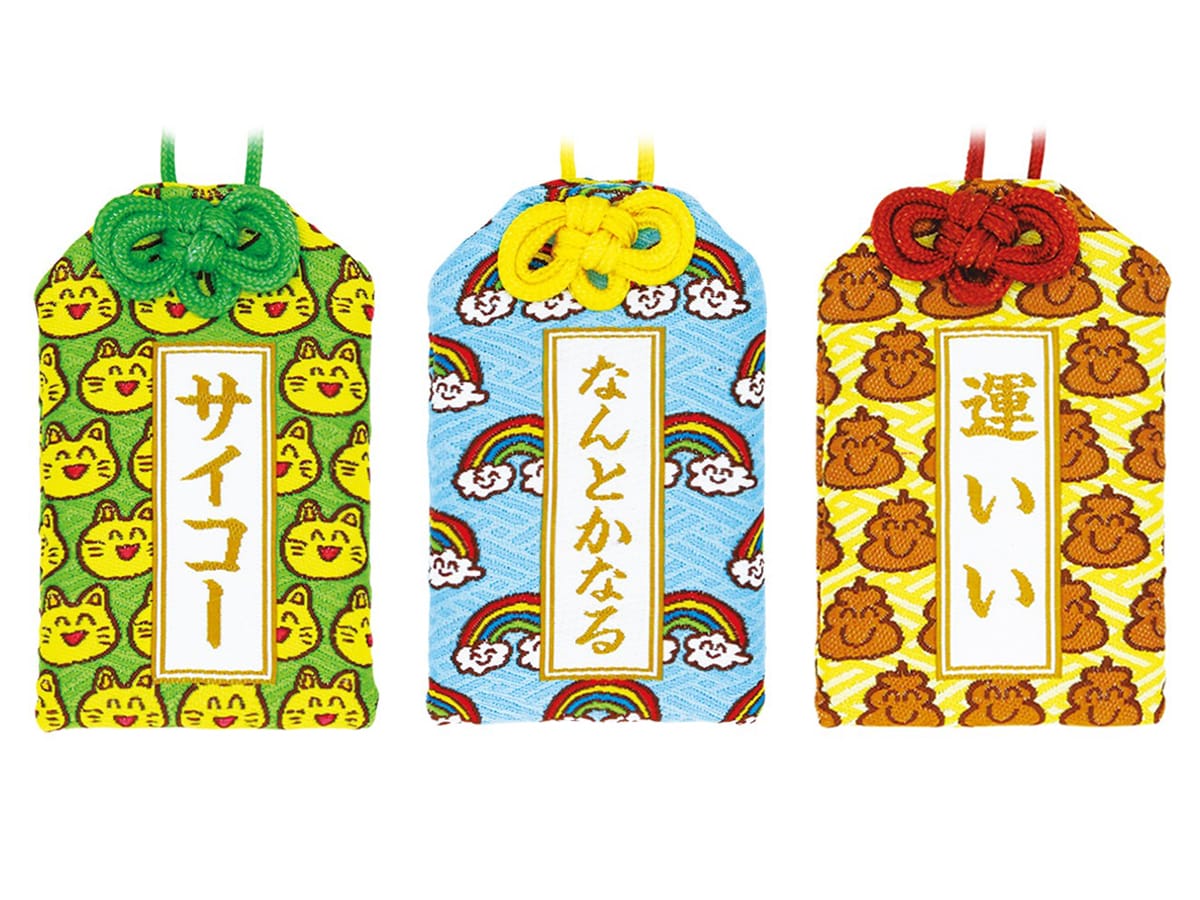
Source: © PR Times, Inc.
New capsule toy gives a unique, cute twist to traditional Japanese omamori amulets
- Tags:
- capsule toy / Omamori / protective amulet
Related Article
-
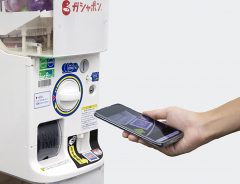
Gashapon capsule machines in Japan to accept both coins and cashless payment
-
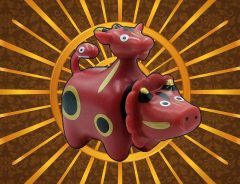
Get these capsule toys for a powerful Year of the Ox: Mythical versions of legendary Akabeko cow
-
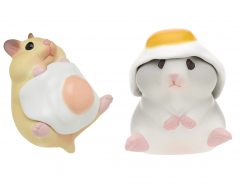
“Ham and Egg” hamster capsule toys make a cute comeback
-
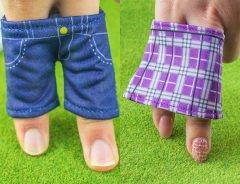
Forget digital fashion, Japanese capsule toy series has the digit fashion to match your style
-
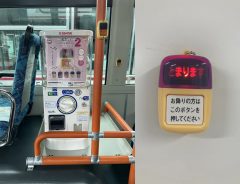
Gacha machine installed in a Japanese bus sells get-off bus button toys
-
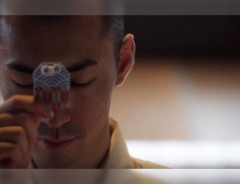
Omamo: This Buddhist Monk Personalizes Good Luck Charms For Whatever Your Struggles Are


Small but eye-catching, the omamori (お守り) is one of the constants in any Shinto shrine or Buddhist temple in Japan. Although its name directly translates to “protection,” these amulets can symbolize a wide variety of purposes—from wishing for the safety of one’s family to hoping for success in school examinations or finding a marriage partner. These purposes are reflected in the kanji, or Chinese characters that appear at the center of an omamori.
Although Japanese people have had a history in making protective ornaments from as early as the 3rd and 4th CE, the omamori as we know it today came about during the 17th century. In modern-day Japan, the patterns used in an omamori can vary from place to place. However, its design stays largely traditional and has not seen significant changes for the past several years.
Outside of temples and shrines, omamoris are so entrenched in Japanese culture that more commercialized versions of them are often being created. In recent years, Japan Post held a campaign that allowed you to create a paper omamori with custom designs and writing, to be sent to friends or loved ones. This year, entertainment company Bushiroad debuted a capsule toy also inspired by the omamori.
The “Super Casual Omamori” is marketed as a more modern version of traditional omamoris, with colorful, emoji-like patterns as its background and everyday phrases replacing the formal kanji characters in a typical omamori.
There are six designs of these capsule toys available, with phrases such as “Awesome (サイコー),” “Good luck! (がんばれ),” “It’ll work out (なんとかなる),” and “Lucky (運いい),” which also has a smiling poop pattern as a play on how the phrase sounds similar to the Japanese word for poop.
One Super Casual Omamori is priced at 300 JPY, and can be found in capsule toy corners and dispensers all across Japan.